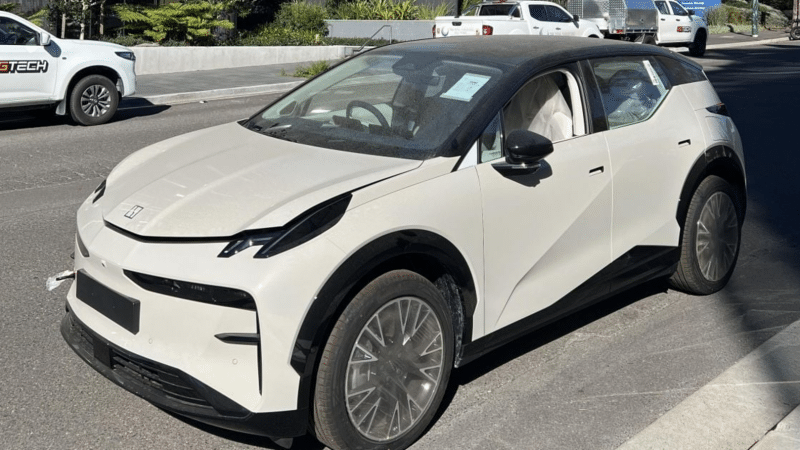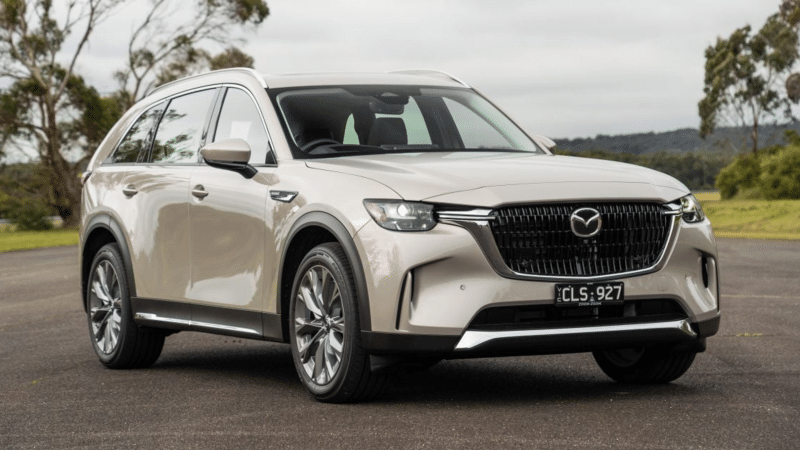UK Passes Autonomous Vehicles Act to Improve Road Safety
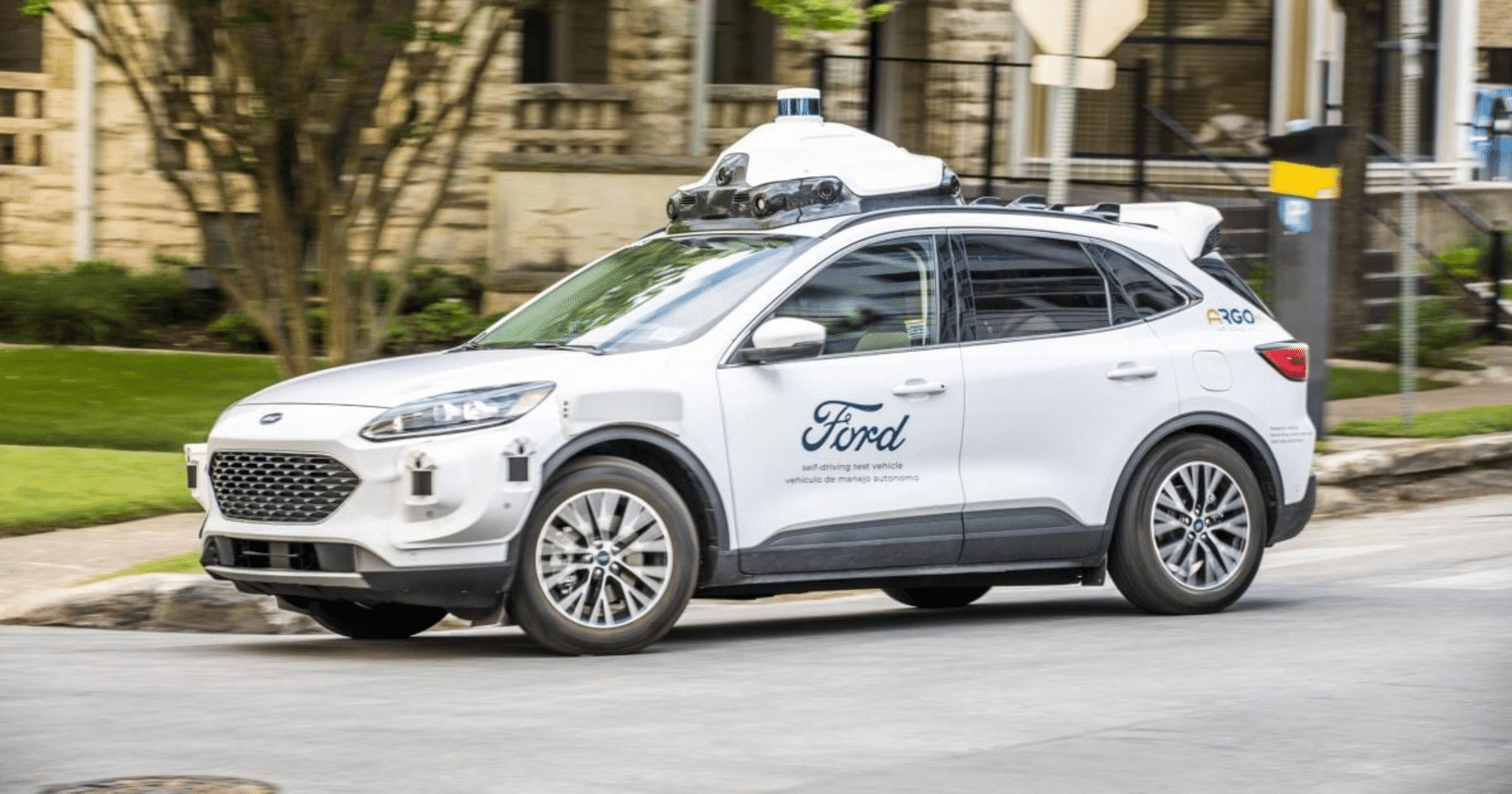
UK Passes Autonomous Vehicles Act to Improve Road Safety
Will autonomous vehicles be the answer to reducing accidents caused by human error on the roads?
The United Kingdom has taken a significant step forward in road safety by passing the Autonomous Vehicles Act. This new law allows autonomous cars to be driven on public roads by 2026. With data from the UK’s annual road casualties report indicating that most fatal accidents are caused by human error, the government hopes that autonomous vehicles will greatly reduce accidents caused by factors such as DUI, speeding, fatigue, and inattention.
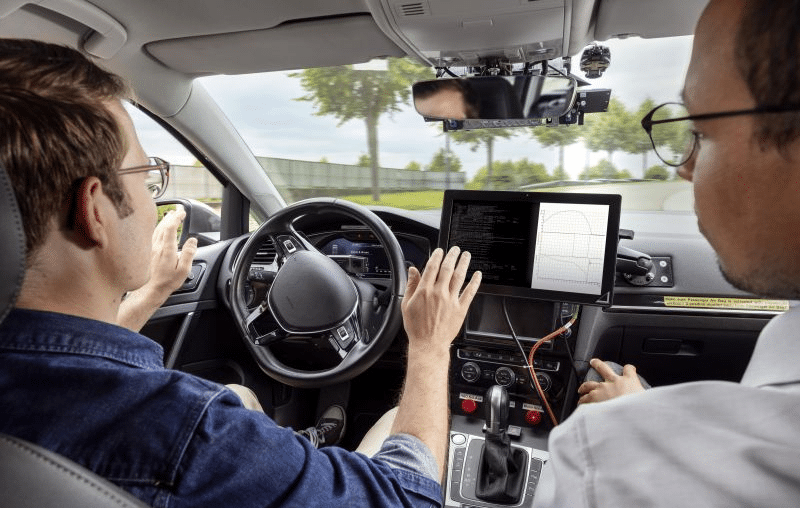
Under the Autonomous Vehicles Act, self-driving cars must meet the safety standards of competent human drivers. Before being permitted on British roads, these vehicles will undergo rigorous safety checks. This ensures that the safety of autonomous vehicles is equivalent to that of human-driven vehicles.
The act also holds manufacturers accountable in the event of accidents involving their autonomous vehicles. By doing so, it promotes a higher level of responsibility and accountability in the development and production of these vehicles.
This decision comes after King Charles III’s address to the UK parliament last year, which granted drivers in autonomous cars criminal immunity in collisions. This means that in case of any accidents, the responsibility lies with the manufacturer rather than the driver.
Although the new law is a significant step forward for the UK, autonomous cars had already been seen testing on British roads prior to its introduction. Now, with the Act in place, autonomous vehicles will become a more common sight on UK roads, improving road safety and reducing accidents caused by human error.
The United Kingdom has followed in the footsteps of the United States by allowing autonomous vehicles on public roads. In the US, robotaxi services have been operating successfully in major cities like San Francisco and Los Angeles. Waymo, one of the leading robotaxi operators, has faced a safety investigation due to collisions and traffic law infractions but continues to operate.
In addition, Tesla is set to reveal its robotaxi on August 8, further advancing the presence of autonomous vehicles. Meanwhile, Australia is in the process of consulting on its own laws for self-driving cars as their arrival in the country approaches.
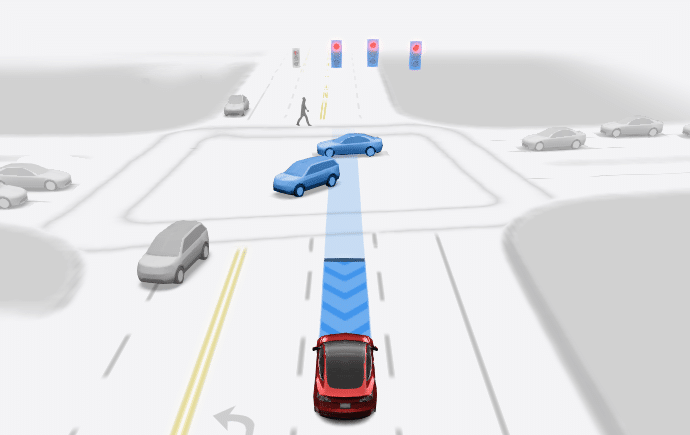
- The UK has passed the Autonomous Vehicles Act, allowing autonomous cars on public roads by 2026.
- Most fatal accidents in the UK are due to human error.
- The act requires self-driving vehicles to meet safety standards equivalent to human drivers.
- Manufacturers will be held responsible in case of accidents involving their autonomous vehicles.
- The UK follows the United States in allowing autonomous vehicles on public roads.
With the implementation of the Autonomous Vehicles Act, the United Kingdom is paving the way for a safer future on its roads. By embracing autonomous vehicles, the UK aims to significantly reduce accidents caused by human error. Manufacturers will now have a greater responsibility in ensuring the safety of their autonomous vehicles, while drivers will have criminal immunity in case of collisions. As the UK follows in the footsteps of the US, the presence of autonomous vehicles is poised to grow, promising a future of safer and more efficient transportation.


